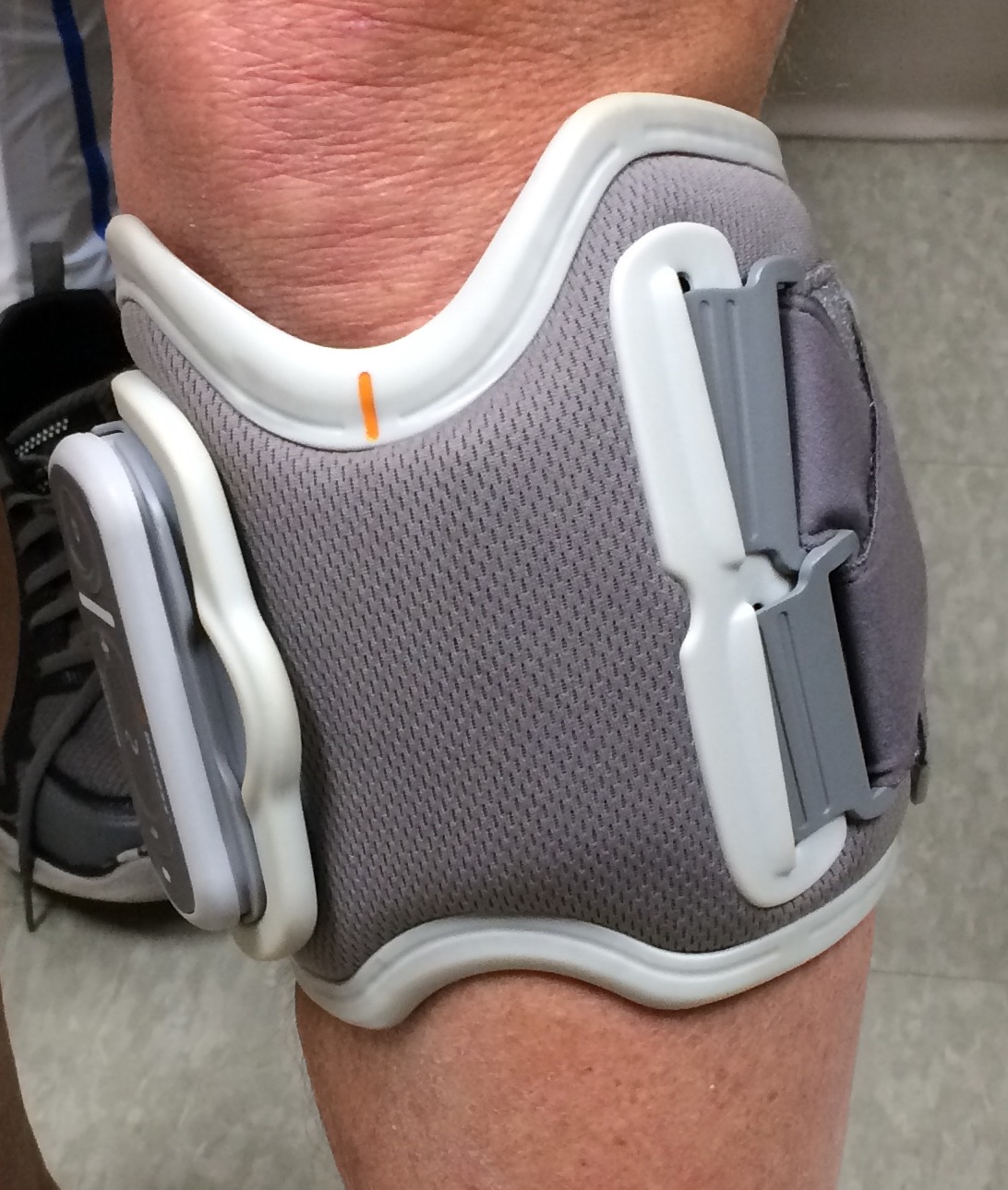It wasn’t a good morning. I was dragging my cement-pillar legs around the kitchen and grew frustrated as I lurched from the refrigerator to the counter to feed the cat and the dog.
I’d propped my two canes against the counter, but they’d slid to the floor — not once, but twice. When I bent down to put a bowl of water on the floor, it spilled. Then I wanted to put the dog on his leash, but he wasn’t having any of it.
With multiple sclerosis, everything I do takes twice as long as it should.
My progression: Slow but steady
Over the decades, my MS has slowly crept up on me. Forty years ago, I was still playing tennis. Thirty-five years ago, I was walking around the French Quarter in New Orleans and Peachtree Street in Atlanta, producing broadcast coverage of presidential nominating conventions with little thought about my MS. Twenty-five years ago, I could still walk three or four city blocks using only a cane. About 15 years ago, I started using a scooter anytime I had to travel more than 100 feet. Today, I can still picture myself walking normally, and sometimes I dream about it, but I can’t remember what it feels like.
Right now, I feel like my legs have always dragged and my energy has always been low. Given all of this, you might think that I wouldn’t have much to be thankful for this Thanksgiving. But I do — and much of it is related to MS.
Firstly, I’m thankful for my disease-modifying therapies. When I was diagnosed with MS in 1980, there weren’t any DMTs. It would take the U.S. Food and Drug Administration 13 more years to approve one. I was thankful when I was chosen to participate in the Phase 3 clinical trial of Avonex (interferon beta 1-a) and thrilled when that trial was shortened because its preliminary results were so positive.
For various reasons over the coming years, my MS treatments changed to Tysabri (natalizumab), Aubagio (teriflunomide), and finally Lemtrada (alemtuzumab). I think each of these therapies helped to slow my MS progression.
I’m thankful to have been treated by some excellent MS specialists, particularly Heidi Crayton, with whom I’ve partnered for over 20 years to hold the reins on my MS. Having the right neurologist makes a world of difference to my quality of life.
I’m thankful to be able to afford high-quality healthcare insurance. Too many people can’t. I’ve been able to do it partly because of my employer for 32 years, The Associated Press. My bosses at the AP hired me knowing my diagnosis, understood that I needed to travel less, and didn’t lay down any speed bumps when I started using a scooter around the newsroom. So I’m thankful for my long AP career and the wonderful people I worked with.
I’m also thankful for friends from my days at Ithaca College in New York, who remain loyal (and seem as young as ever) more than 50 years after we graduated. They couldn’t care less that I operate at half-speed or need a little special handling at times. At our 50th reunion two years ago, one friend even went out of his way to borrow a metal ramp so I could ride my scooter up his front steps and into his house.
Saving the most important for last, I’m thankful for my family. My son, Geoff, was patient with a dad who couldn’t quite do as much as the other dads and who might have been just a bit grouchy at times. My daughter-in-law and grandkids go above and beyond to accommodate Poppy, who has trouble getting in their house and, once he’s there, plops himself in a chair and pretty much stays put.
Then, there’s my wife, Laura, who married me four years before my MS diagnosis and has managed to live with me for 47 years. There aren’t enough words to describe my love and gratitude.
So though my legs may drag and my energy may sag, in the words of Henry David Thoreau, “I am grateful for what I am and have. My thanksgiving is perpetual.”
[Have you looked at my book, “The Multiple Sclerosis Toolbox“? It’s filled with info to help you live with MS.]
(This post first appeared as my column on the MS News Today website.)
(Image by Deborah Hudson from Pixabay)



